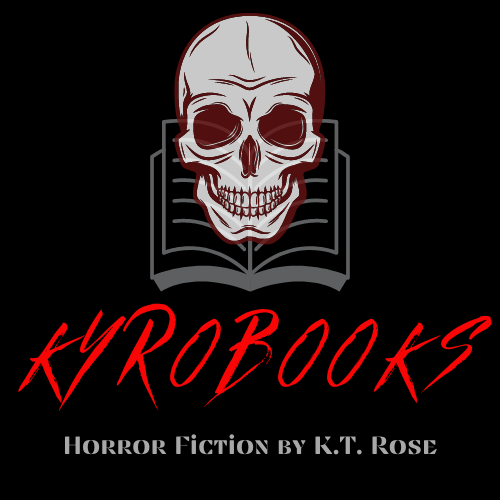Why horror almost died and why it’s coming back by Neil McGowan
Horror has been in something of a decline since the late eighties. Big-name authors aside, there have been few new authors who've managed to break into the mainstream with horror novels. Happily, this trend seems to be reversing, with a slew of new names appearing, and the big five publishing houses dipping their toes into darkness once more.
This makes it a great time to write horror, but to understand why we're experiencing this renaissance, we need to look back to the late seventies and early eighties in order to understand (and hopefully avoid) the decline. Of course, all genres have a cyclical appeal (remember the sparkly vampires in the Twilight series? They seem to have died off now, pun intended.) but the dip in horror's popularity was deeper and far more damaging to its reputation than usual. So, why did this happen, and how can we avoid it happening again?
Put simply, horror was a victim of its own success. Authors like Stephen King and James Herbert were household names outside the genre, and publishing houses seized on this popularity. The horror market became inundated with cheap, pulp novels that were, on the whole, quite poorly written. In some cases, the authors clearly didn't understand the genre they were trying to work in, and the resultant deluge of books swamped the work of writers who genuinely wanted to explore the darker side of fiction.
I can remember powering through piles of novels (thank goodness for my local library) as a teenager, and quickly becoming disillusioned with the majority of them. It got to the point where I could almost predict the main scenes in most of them – even graphic descriptions of sex (a la James Herbert) became boring all too quickly, as inmost cases they brought little to the story. I was under the impression (and still am) that it was writing to a template – have at least one gruesome death in the first ten pages; insert graphic sex scene by page 150.
Finding the gems in this mess became harder and harder. Books didn't sell, publishing houses lost money, and contracts were never renewed. Those writers who had a real affinity for horror suddenly found it was almost impossible to gain a publishing contract, whilst those who wrote to target a market moved on to other genres.
What the publishers missed – and what the readers understood – was that horror is about much more than just serving up some gore and using sex to spice it up. Horror needs to resonate with the reader, tapping into primal fears and using them to explore current issues in away that asks, 'What if?' Probably the best way to illustrate this is to look at the classic American horror movies of the fifties – concern over atomic power and radiation? Godzilla, or any one of the 'Attack of the giant…' movies.Distrust of communism and the cold war? Invasion of the Body Snatchers, or just about any film of alien invasion. And the list goes on.
The same holds true for books. Horror fiction needs to do much more than shock; it needs to shine a light on contemporary issues. One of the reasons horror is making a comeback is because of this. There's been a blurring of the lines between genres over the last ten years or so, and the pace of this seems to be increasing. Modern horror is moving increasingly away from the familiar tropes of vampires, ghosts, and werewolves. Instead, authors are trying to approach these ideas from new and different angles. When I wrote my vampire novel, Nanobite, I knew I didn't want to write supernatural beings. What I wanted to do was explore the idea from a modern perspective and, after reading about the fears of AI and nanotechnology, the ideas came together, and my nano-engineered vampires were born. It’s a fast read, and whilst there's plenty of scares in it, for me the real horror lies in what could happen, off the page. One reviewer described it as 'chillingly plausible,' and the research I did during the writing of it backs this up. We're not quite at that stage yet, but a lot of the technology described already exists, although mostly in less refined form than the novel portrays. It wont be long, though…
There will always be a place for horror; what matters is the currency and visibility of it. Forget the pulp novels of yesteryear; modern horror needs to shine a light into all those dark places that make people uncomfortable. Done well, what doesn't happen can be scarier than what does. The work of the writer is to pose these questions and let the reader decide.
And, of course, to entertain, which brings me back full circle: horror is currently back in vogue; our job, as both readers and writers, is to nurture it and promote it. It's come back from the dead – let's keep it that way.
Links to my website and social media below:
Website: https://neilmcgowan.weebly.com/
Facebook: http://bit.ly/2CKHiGZ
https://twitter.com/AuthorNeil1
